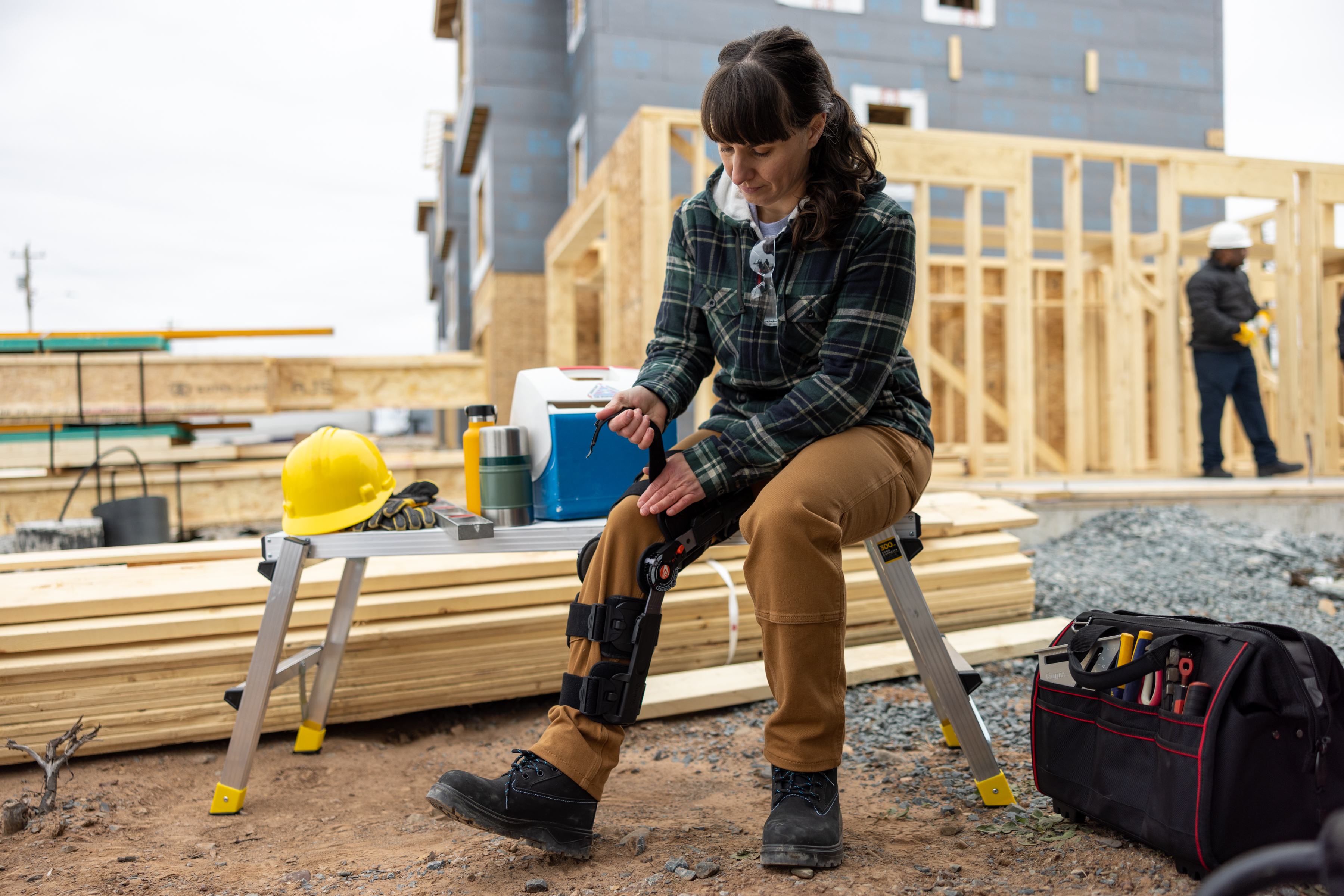

Together, we will prevent workplace injuries, illness, death, and disability. - WorkSafeNB’s Strategic Plan 2025-2029
Prevention of disability is defined as helping injured workers recover at work when possible, keeping them involved and productive to help prevent disability. Recovery is a team effort. When everyone stays connected, outcomes improve, for the worker, the employer, and the workplace.
In December 2019, the Provincial Government amended the Worker’s Compensation Act (Bill 27) with a goal to reinforce return-to-work by strengthening the employer’s obligation to re-employ and the worker and employer’s responsibilities to cooperate in early and safe return to work.
If you are an employer in New Brunswick and a worker has a work-related claim, both you and the worker must cooperate and support re-employment. This means staying in touch, sharing information, and working together, with each other and with WorkSafeNB, to help the worker recover and return to work safely and as soon as possible.
The employer and the worker expect are expected to communicate through the claim, as appropriate. This involves promptly contacting each other after the injury and continuing to share information about the workers abilities and return to work options.
Returning worker to work as soon as it is safe to do so can minimize the injury’s impact on them. It also minimizes disruption to your business as you retain the worker’s skills and experience. The duty to cooperate helps ensure success for both the employer and the worker.
Recovery at work is often more effective than recovery away from work. After 6 months off, the chance of returning drops to 50%. After 2 years, it’s less than 5 per cent. (Source: Loisel & Anema)

Returning to work after an injury isn’t just a legal requirement, it’s a shared opportunity to support recovery, maintain productivity, and prevent long-term disability.
Collaborating for safe and early return to work is the right thing for workers, employers, and the bottom line. Providing suitable work reduces claims costs, benefits recovery, and can lower what you pay in assessments. Claim cost is one of the most important variables in determining your assessment rate. Any opportunity you have to reduce your costs, especially by accommodating your injured workers back to work, can have a favorable impact on your rate.
Ensuring a smooth return to work is not only the right thing to do, but also your legal responsibility. Cooperation and collaboration between all parties involved are essential. By working together, employers and injured workers can create a supportive environment that benefits everyone. While the law provides the ability to administer penalties when employers do not cooperate with their stay at work, return-to-work obligations, our approach is to coach, educate and support New Brunswick Employers to meet their obligation.

Returning to work after an injury isn’t just a legal requirement, it’s a shared opportunity to support recovery, maintain productivity, and prevent long-term disability.
Improved physical and mental health
Provides individual identity
If the worker doesn't cooperate in the return-to-work process, the employers first step is to contact WorkSafeNB. We will clarify everyone's responsibilities find out why the worker isn't cooperating and work toward solutions. If we determine that a worker has unreasonably refused an offer of suitable work their wage loss benefits may be reduced or suspended.
Reach out to your assigned case manager. If your claim has not yet been assigned, call our enquiries team at 1 800 999-9775 and they will guide you to the right resource.

Return to Work: A Shared Responsibility The Duty to Cooperate